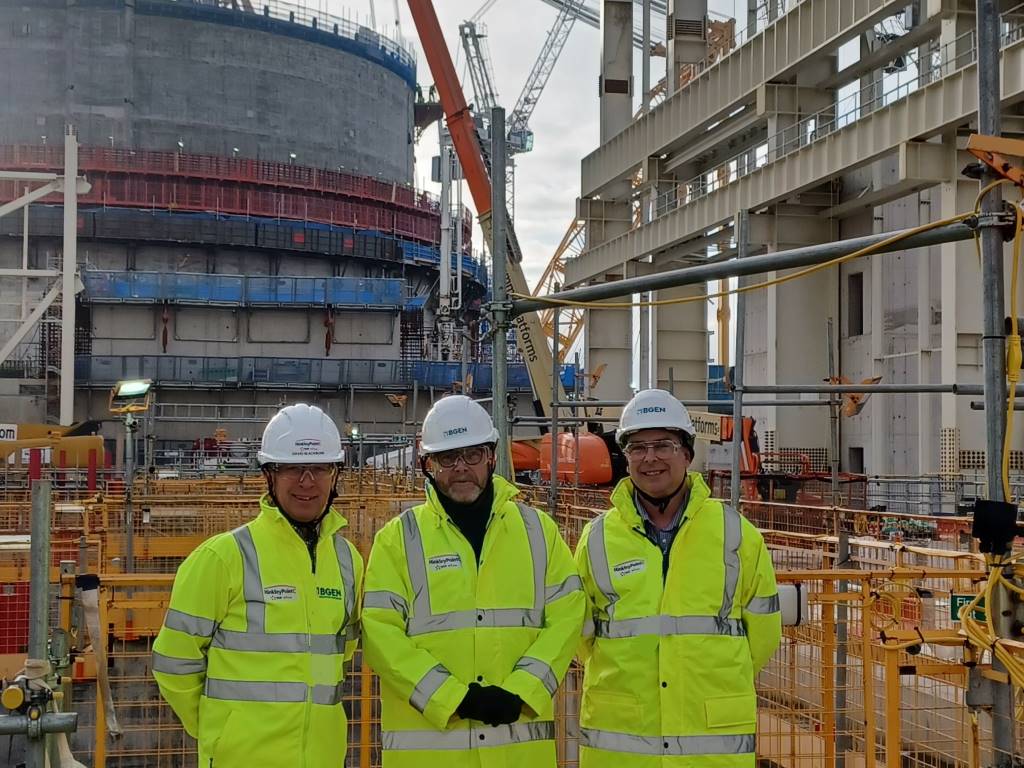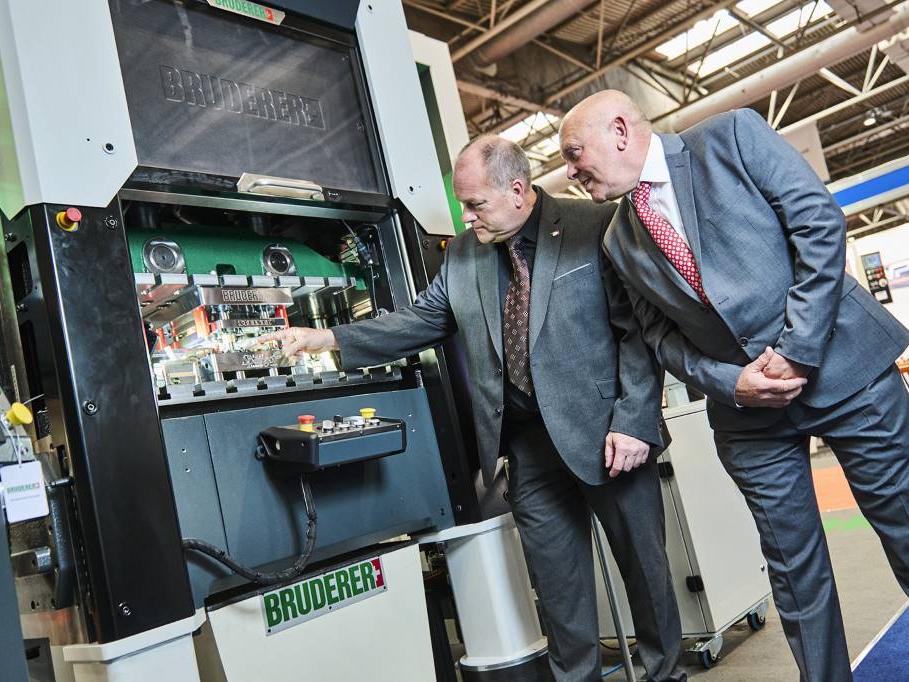A wake-up call for automation

In this article, Güdel UK’s sales manager Will Bourn, looks at this country’s past record of investment in robotics and automation and the positive impact that future investment in automation and robotics can have on UK competitiveness.

The UK is currently in the midst of some of the most significant political and economic changes seen in a generation. As we move towards what could be an uncertain future, there is however little doubt that manufacturing industry will play an increasingly important part in our economy and future prosperity.
Against this background, it is clear that a dramatic increase in investment in robotics and automation will be essential if we are to remain competitive and achieve the productivity levels required to attain the growth needed to sustain our economy.
For a country with an impressive manufacturing heritage, the UK’s record when it comes to investment in manufacturing industry is disappointing. There are regular articles in the news regarding our productivity compared to the rest of the world, and they don’t make comfortable reading.
According to figures from the office of national statistics, amongst the G7 countries only Canada and Japan are less productive than the UK. Germany is at the top of the pile, being 26.7% more productive per man-hour worked than the UK. Even Italy, with all of its current economic problems, is 10.5% more productive than us – and why is this? In my view, the principal reason is lack of investment. This can be illustrated very simply by looking at robot numbers per head of the working population.
Facing the facts and figures
The International Federation of Robotics (IFR) recently published figures which show the UK near the foot of the table with just 71 robots per 10,000 employees in manufacturing industry. Our European cousins rate much higher, with France at 127, Spain at 150, Italy at 160 and Germany, which has more than four times that of the UK, boasting an impressive 301 robots per 10,000 employees in manufacturing industry.
The overall robot density in the large Western European economies is still currently ahead of China, which has 49 robots per 10,000 employees, but the robot population there continues to grow fast, boosted by its government’s aim to become one of the top technological nations. The stated aim is to hit 150 robots per 10,000 employees by 2020. This is against the background that China’s economy was built up on the basis of low wages.
China’s approach is mirrored by Poland and the Czech Republic, also traditional low-cost economies, which are the two highest climbers in Europe in terms of robot installations. The Czech Republic’s robot density climbed 40% between 2010 and 2015.
The really interesting part of this though is the correlation between robots and jobs. In the US between 2010 and 2015, 80,000 new robots were installed, and in parallel with this the number of jobs in the US automotive sector grew by 230,000.
This same effect is seen in Germany where over the same time period its robot stock grew by 3% and the automotive workforce grew by 2.5%. The reasons for this linkage are quite straightforward. When you automate you bring down the overall cost of the goods you make and you improve their quality. You are therefore more competitive, so you sell more and you gain market share.
Narrowing the gap
Of course, looking at robot statistics is only one indicator of the reason why we have relatively low productivity in the UK. Other reasons are more structural, such as education and training, transport infrastructure and the tax regime. It is very difficult for individual companies to do anything about these factors, but what they can do is invest in automation.
Money for investment is at a historically low cost, and with the links demonstrated above – that investing in automation brings about a corresponding improvement in productivity and hence market share – then the question becomes why on earth is the UK not doing this?
The UK has a historical reluctance to invest in manufacturing, with a government which seems to believe that the service economy is the key to all, but with Brexit on the horizon many of these jobs are threatened. We are already seeing several of the major international financial institutions setting up offices outside London in preparation for Brexit, so we need to replace these good quality jobs with others and why not in manufacturing?
This is something which is widely recognised across the whole of the UK robot and automation sector. As an industry, all of the recognised robot suppliers, machine builders, and system integrators, together with associations such as BARA and PPMA for example, continually campaign to raise the awareness of both the need for investment in automation and robotics, and the benefits that can be obtained by UK manufacturing industry.
Pledges from the Government in the latter part of 2016, to invest an extra £2 billion in science and technology research and development are obviously welcome, but these strategies are generally for the mid- to long-term. We already have the robot and automation technologies available today that can make a positive impact on productivity, performance and profitability in our manufacturing plants. What is needed in the short term is a change in the way investments and payback periods are calculated in the UK to encourage these vital automation projects.
Güdel specialises in making linear guideways, racks, pinions, gears, linear and rotary axes and gantry robots: with intelligent technologies for motion and automation. These contribute to its FlowMotion production process concept.
GÜDEL UK www.gudel.com













